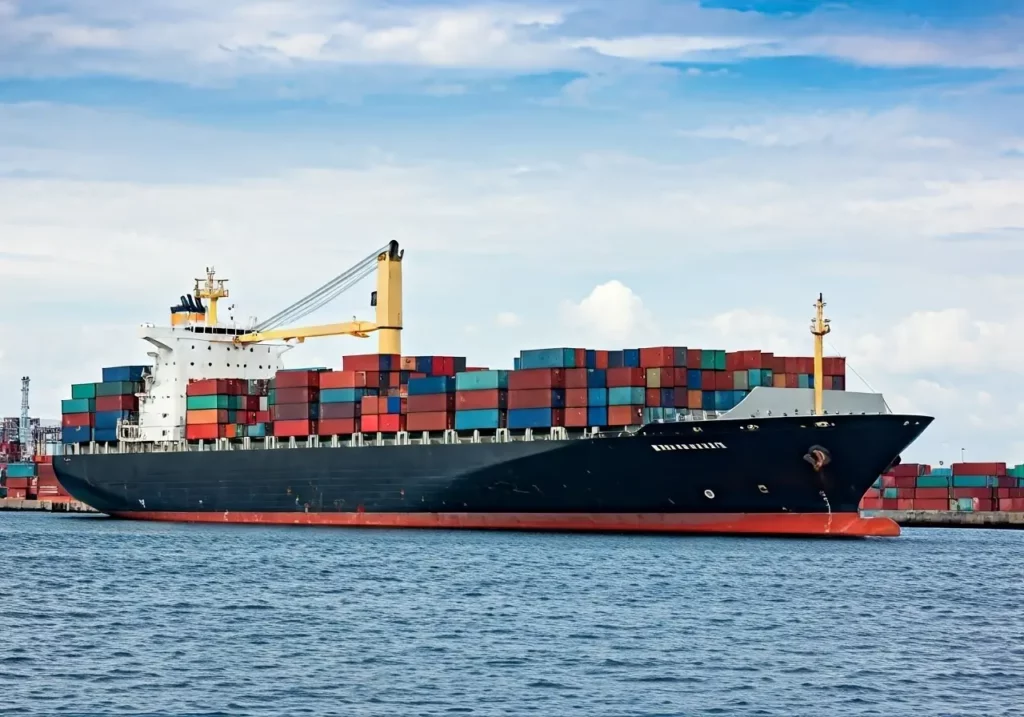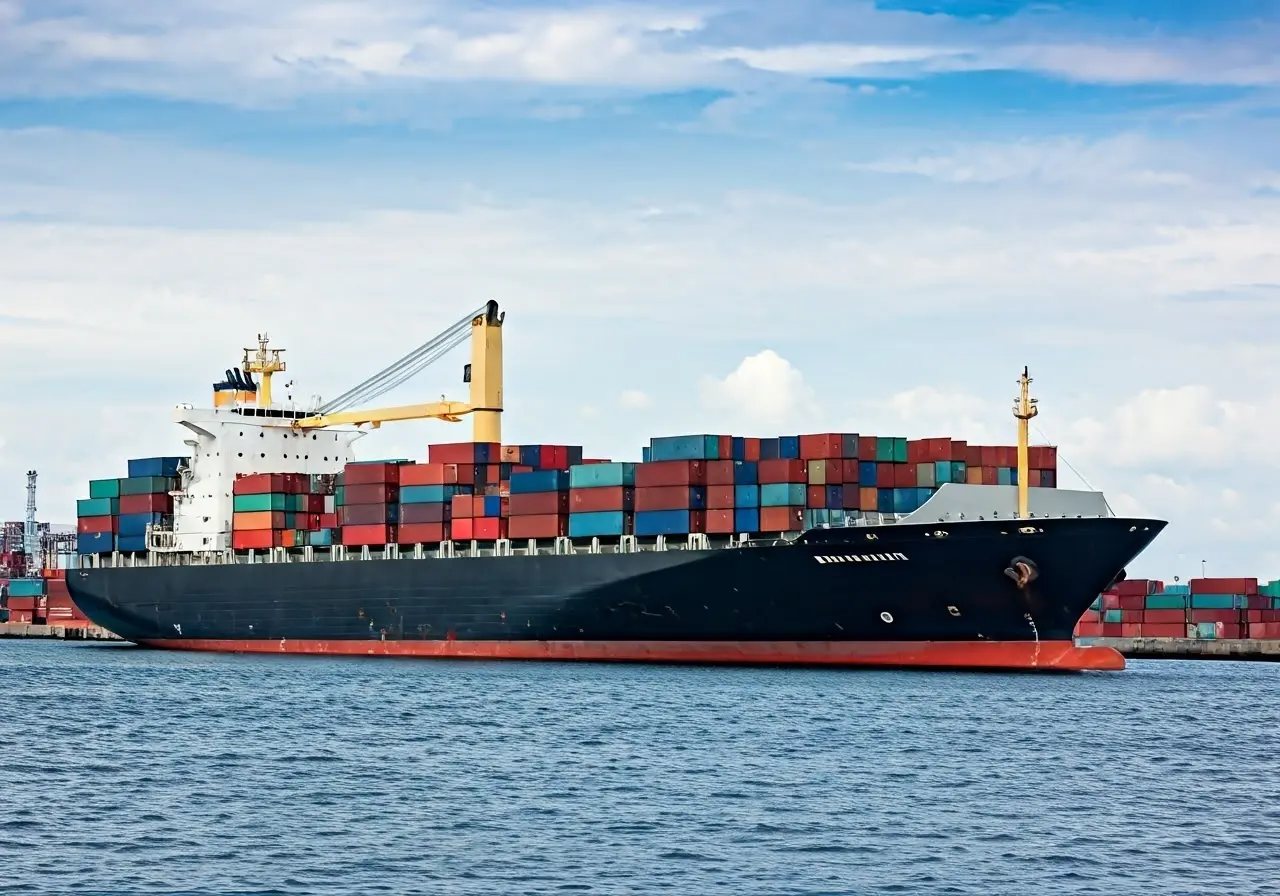In today’s fast-paced world, technology is transforming every aspect of business. Importing, a process traditionally burdened with complexities, is now experiencing a revolution. From automation to data analytics, new tech innovations are reshaping how goods cross borders, making it easier and more efficient for businesses of all sizes.
Automation in Importing
Automation is playing a crucial role in transforming importing processes. Automated systems streamline tasks such as documentation, customs clearance, and inventory management, significantly reducing the time and effort needed. This technology not only speeds up operations but also minimizes human error, leading to smoother import transactions. Imagine how much time is saved when documentation that used to take hours can now be completed with a few clicks. In the past, customs clearance involved piles of paperwork and endless manual checks. Now, with automation, the process is faster and more accurate. Businesses find themselves better equipped to handle larger import volumes, ensuring that their operations are not only efficient but also scalable.
The integration of automated systems in importing is akin to having a personal assistant for every aspect of the process. Whether it’s tracking shipments globally or managing complex inventory schedules, automation handles it with precision. These systems can even adjust shipments based on real-time demand fluctuations, optimizing the supply chain further. Companies using automation see a marked decrease in lost shipments and discrepancies, enhancing overall customer satisfaction. The beauty of automation is in its ability to seamlessly integrate with existing systems, providing layered efficiencies without overhauling well-established processes.
The Role of Artificial Intelligence
Artificial Intelligence (AI) is becoming a game-changer in the importing industry. AI tools analyze huge volumes of data to enable better decision-making, forecasting trends, and identifying potential issues. This technology aids in optimizing supply chains and enhancing the efficiency of import operations, making the process smarter and more responsive. According to the S³ Group, AI can predict future demand trends, helping companies manage inventory more effectively and prevent costly stock-outs.
Beyond forecasting, AI plays a crucial role in risk management within supply chains by identifying anomalies that could signal fraud or delays. For instance, AI systems can assess patterns in shipping data to preempt delays caused by environmental factors, or even geopolitical tensions. This level of intelligence allows businesses to adjust their logistics plans proactively, maintaining their supply chain’s resilience. Furthermore, as AI develops, its capability to assist in compliance checks—an area fraught with intricacies—becomes increasingly reliable. While humans are still needed to interpret nuanced policy changes, AI can flag potential compliance issues, offering an additional layer of security in complex trading scenarios.
In regions like Asia, particularly China, AI’s role in transforming importing processes is profound. Companies there are pioneering the use of AI to refine logistics and enhance import efficiency, paving the way for global shifts in logistics paradigms. It’s important for businesses to view AI not as a replacement for human jobs, but as a powerful tool that can handle repetitive tasks, allowing human resources to focus on strategic, value-adding activities. Embracing AI as an ally rather than a threat can lead businesses to unlock a realm of unrealized potential and efficiencies.
Digital Platforms and Marketplaces
Digital platforms and online marketplaces are reshaping how businesses approach importing. These platforms provide access to a global network of suppliers, allowing businesses to discover new products and partners with ease. Additionally, they offer integrated tools for communication, transaction management, and logistics, simplifying the entire importing process. Access is key, and digital platforms break down geographical barriers, enabling small businesses to operate under the same scope as larger entities with international supply chains.
The ability to manage import operations from a single dashboard means businesses can track product performance, manage orders, and liaise with international partners all in one place. Marketplaces such as Alibaba and other B2B platforms are cornerstone examples of this revolution, providing comprehensive solutions that cover everything from sourcing to fulfillment. These platforms add an element of transparency and security, important in a global market where trust can make or break a deal. With features like supplier reviews and transaction tracking, businesses can engage with reliable partners, ensuring their imports are safeguarded against common pitfalls.
The Importance of Data Analytics
Data analytics is vital in understanding and optimizing the importing process. With access to real-time data, businesses can make informed decisions, track shipments, and adjust strategies as needed. This capability leads to improved efficiency, cost-effectiveness, and customer satisfaction, making data-driven approaches essential for modern importers. By analyzing trends through sophisticated data tools, companies can forecast demand and avoid overstocking or stockouts, aligning inventory more closely with market needs.
Furthermore, data analytics plays an integral role in identifying the most efficient shipping routes, significantly cutting down on time and costs. This approach not only contributes to operational efficiency but also aids in environmental sustainability by minimizing carbon footprints with optimal delivery paths. On a macro level, analytics helps organizations identify emerging markets and consumer preferences, allowing them to adapt in real-time and maintain competitive advantages. The wave of predictive analytics is here, turning raw data into actionable insights and guiding businesses through the complexities of global import dynamics.
Future Trends in Import Technology
The future of importing technology looks promising, with trends such as blockchain, IoT, and machine learning poised to bring even more efficiencies. Blockchain offers secure and transparent transaction records, IoT provides real-time tracking, and machine learning predicts trends and optimizes operations. Staying ahead of these trends is key to maintaining a competitive edge in the global market. Blockchain, in particular, presents opportunities for creating trustless systems where transactional verifications happen seamlessly without the need for intermediaries, thus cutting down cost and time.
As we look forward, the integration of IoT in logistics promises to revolutionize inventory management and shipment tracking. Sensors on goods will provide continuous data streams, allowing businesses to monitor conditions, security, and real-time locations of their inventories. Coupled with machine learning, these insights can train models that predict future trends with stunning accuracy, balancing supply with potential demand spikes, and mitigating risk through informed decision-making strategies.
Embracing the Technological Shift in Importing
As technology continues to advance, importing is becoming increasingly seamless and efficient. Companies can now leverage digital tools to streamline their operations, reduce costs, and improve accuracy. This shift not only benefits the businesses involved but also customers who gain access to a wider range of products. In the era of globalization, embracing these technological advancements is crucial for staying competitive and thriving in the international market. For a deeper understanding of how you can take advantage of these changes, explore our complete guide to importing goods into the U.S.A..


